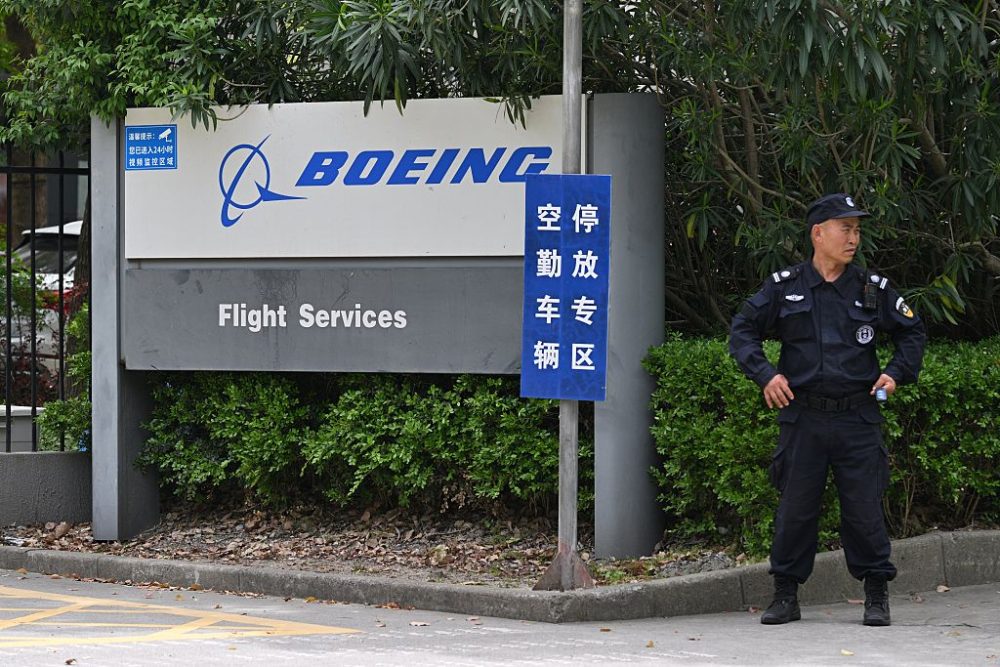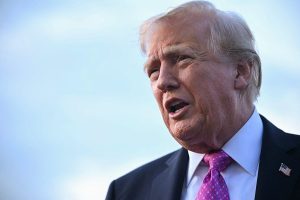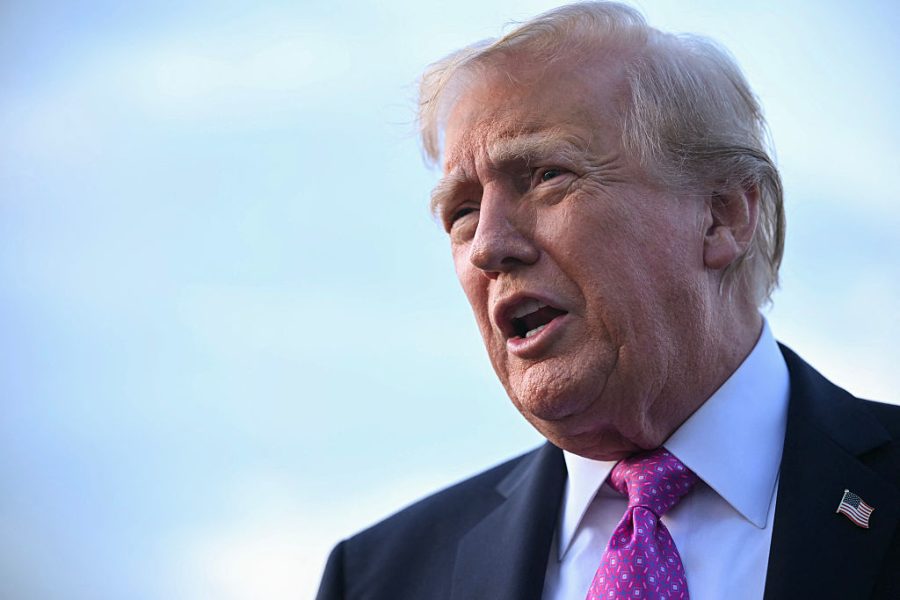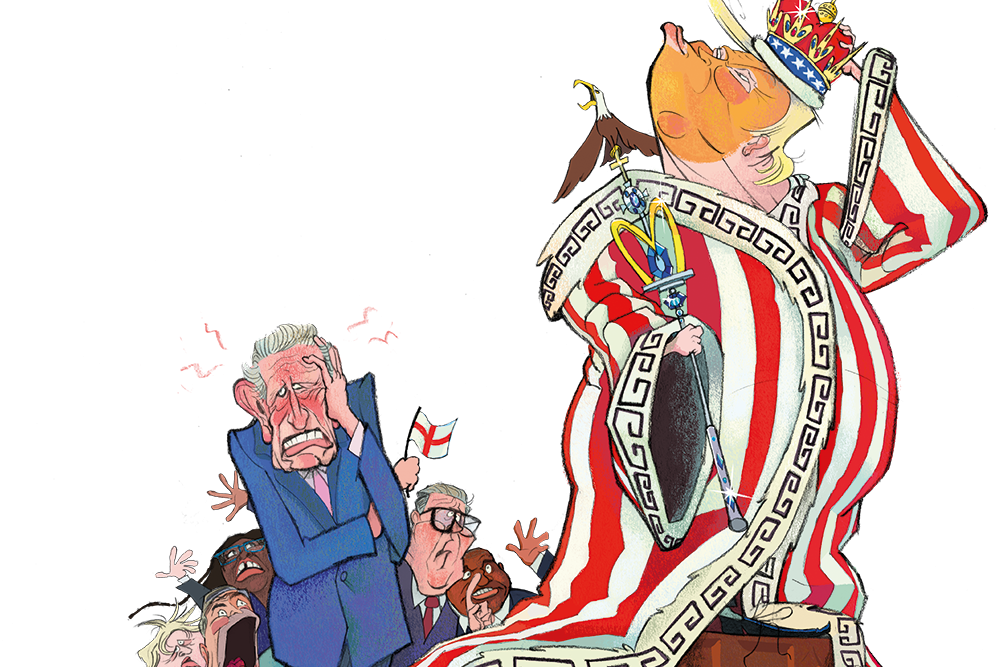“If it ain’t Boeing, I ain’t going,” goes the old adage, championing the supposed superiority of the company’s planes on safety issues. If you are traveling in China in future that probably means that you won’t be going very far at all. The US aviation giant is emerging as one of the biggest losers of Donald Trump’s trade war.
China has not merely applied punitive tariffs on the company’s planes; it has banned imports altogether. Even existing orders of planes appear to be affected by the ban. What’s more, the ban applies to Boeing itself rather than to general imports of US aircraft – it is personal.
Boeing, already reeling from the crash of two 737 MAXs in Indonesia in 2018 and Egypt in 2019, lost $11.8 billion last year, and is certain to suffer a further big hit, given that China is the company’s biggest export market. Boeing’s Commercial Market Outlook for 2022-2041 reveals that the company is, or had been, expecting to deliver 8,485 planes to China over the next two decades, as well as to build up a market servicing the planes worth $545 billion.
Boeing’s shares are already down more than 50 percent since their 2018 peak (which seems actually quite modest for a company which has just lost nearly $12 billion in a year). The share price seems bizarrely calm in the face of this week’s news, although that may change when the implications sink in.
Trump’s problem is that the public tend to notice large prestigious products like airliners in the way they wouldn’t, say, notice if China had banned the import of some obscure parts for machine tools. While the latter might impact workers, and the town where the goods are made, a ban on imports of Boeing planes is likely to impact on national pride.
Trump of late has appeared to be no great fan of Boeing’s – in February he lambasted the company for being late in delivering to replacements for the fleet of 747 Jumbos used for Air Force One. He even threatened to buy a second hand Airbus (although not a new one) and convert it for his own purpose. Nevertheless, the American public is unlikely to be impressed that the President has managed to undermine one of the country’s most iconic companies.
On the other hand, it is far from clear that Chinese airlines can do without Boeing. While China does manufacture airliners, and now builds a competitor to the Boeing 737, its aviation industry is a long way behind its rampant electric car industry. To take China Southern Airlines, the country’s biggest airline, 273 of its 862 planes are Boeing and 389 Airbus.
Airbus is likely a big winner from the ban on Boeing imports. The European consortium has two assembly lines in China, and has been steadily pushing aside its longer-established American rival. But even so, it would have to step up production rapidly to make up for the loss of Boeing planes. It will be a struggle for China’s airlines to cope with the forced cancellation of their orders.
That rather emphasizes the negative fallout from trade wars. There are several big losers in the shape of Boeing and Chinese airlines, and while there is one obvious winner in the middle – Airbus – it is unlikely to be able to take full advantage of the situation, at least in the short term, due to constraints in manufacturing capacity.
Boeing’s situation will add to the sense that this trade war is not going to bring many people much good – and that the worst of the fallout could be yet to come.


























Leave a Reply